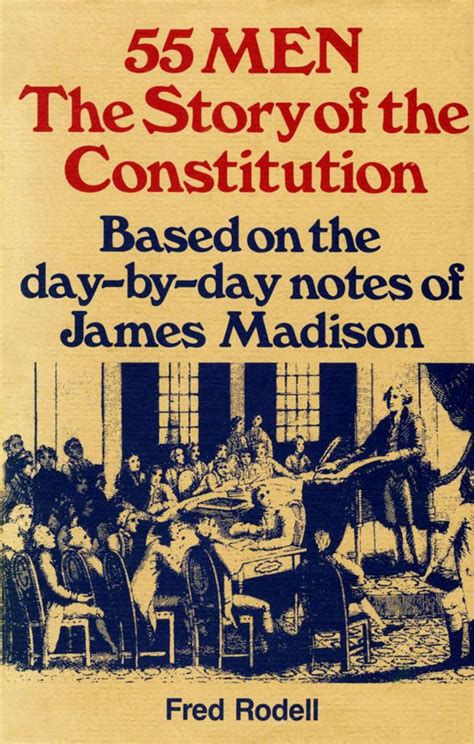A Quote by Leo Tolstoy
Slavery results from laws, laws are made by governments, and, therefore people can only be freed from slavery by the abolition of governments.... And it is time for people to understand that governments not only are not necessary, but are harmful and most highly immoral institutions, in which a self-respecting, honest man cannot and must not take part.
Related Quotes
Governments do not make ideals, but ideals make governments. This is both historically and logically true. Of course the government can help to sustain ideals and can create institutions through which they can be the better observed, but their source by their very nature is in the people. The people have to bear their own responsibilities. There is no method by which that burden can be shifted to the government. It is not the enactment, but the observance of laws, that creates the character of a nation.
It has become necessary to call the attention of European governments to a fact which is apparently so insignificant that the governments seem not to notice it. The fact is this: an entire people is being annihilated. Where? In Europe. Are there witnesses? One witness, the entire world. Do the governments see it? No.
Governments have been ceding power to big multinational corporations in the market. We see the manifest in a variety of ways. Where governments are giving up power to big international institutions like the World Trade Organization or NAFTA, which are disabling governments' ability to protect the rights of their own people.
Since the early days, [the church] has thrown itself violently against every effort to liberate the body and mind of man. It has been, at all times and everywhere, the habitual and incorrigible defender of bad governments, bad laws, bad social theories, bad institutions. It was, for centuries, an apologist for slavery, as it was an apologist for the divine right of kings.
I have observed this in my experience of slavery, - that whenever my condition was improved, instead of its increasing my contentment, it only increased my desire to be free, and set me to thinking of plans to gain my freedom. I have found that, to make a contented slave, it is necessary to make a thoughtless one. It is necessary to darken his moral and mental vision, and, as far as possible, to annihilate the power of reason. He must be able to detect no inconsistencies in slavery; he must be made to feel that slavery is right; and he can be brought to that only when he ceased to be a man.
As for slavery, there is no need for me to speak of its bad aspects. The only thing requiring explanation is the good side of slavery. I do not mean indirect slavery, the slavery of proletariat; I mean direct slavery, the slavery of the Blacks in Surinam, in Brazil, in the southern regions of North America. Direct slavery is as much the pivot upon which our present-day industrialism turns as are machinery, credit, etc. … Slavery is therefore an economic category of paramount importance.
By far the most numerous and most flagrant violations of personal liberty and individual rights are performed by governments... The major crimes throughout history, the ones executed on the largest scale, have been committed not by individuals or bands of individuals but by governments, as a deliberate policy of those governments-that is, by the official representatives of governments, acting in their official capacity.
A wise man will not leave the right to the mercy of chance, nor wish it to prevail through the power of the majority. There is but little virtue in the action of masses of men. When the majority shall at length vote for the abolition of slavery, it will be because they are indifferent to slavery, or because there is but little slavery left to be abolished by their vote. They will then be the only slaves. Only his vote can hasten the abolition of slavery who asserts his own freedom by his vote.
It is the lawyers who run our civilization for us -- our governments, our business, our private lives. Most legislators are lawyers; they make our laws. Most presidents, governors, commissioners, along with their advisers and brain-trusters are lawyers; they administer our laws. All the judges are lawyers; they interpret and enforce our laws. There is no separation of powers where the lawyers are concerned. There is only a concentration of all government power -- in the lawyers.




































